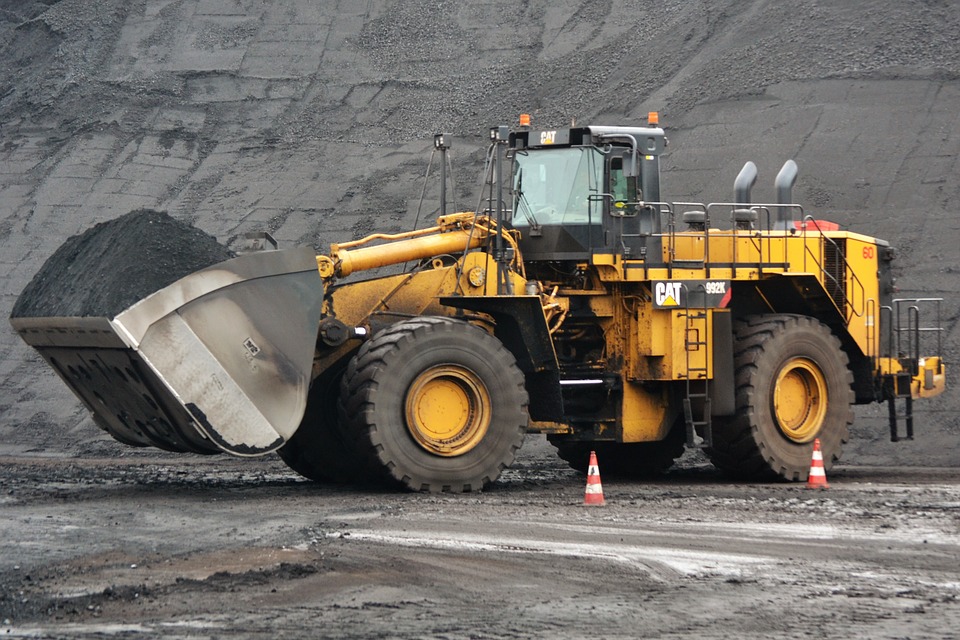Black lung, or pneumoconiosis, is a medical condition that may result from respiratory exposure to coal dust. Companies that operate coal mines or employ individuals who may be exposed to coal dust on the job are required to obtain black lung insurance to pay for benefits for employees who develop pneumoconiosis as a result of exposure at work.
As an alternative to traditional commercial insurance, some employers choose to request authorization to self-insure. If approved, they set aside funds to cover the costs of black lung claims for which the company is found liable rather than paying for insurance coverage and passing the payment obligation to an insurer.
This option is not available to all businesses, and the benefits of self-insurance must be carefully weighed against the potential disadvantages. A black lung defense attorney can answer questions and help companies evaluate their liability and determine the best option for their unique situation.
Pros and Cons of Self-Insuring for Black Lung Insurance Claims
To evaluate the benefits and disadvantages of self-insurance for black lung liabilities, it is important to have a general understanding of the laws and regulations that govern pneumoconiosis benefits. The Black Lung Benefits Act (BLBA) is the primary legislation of note.
The BLBA attempts to ensure the payment of benefits and medical coverage for coal miners (or others exposed to coal dust on the job) who develop pneumoconiosis as a result of their work. The act requires coal mine operators to secure the funding of this coverage by obtaining black lung insurance through a commercial policy or meeting certain requirements and obtaining authorization to self-insure.
Administration of the BLBA is the responsibility of the US Department of Labor’s Office of Workers’ Compensation Programs (OWCP) and the Division of Coal Mine Workers’ Compensation (DCMWC).
Insurance Requirements under the Black Lung Benefits Act
Coal mine operators assume liability for black lung claims filed by their employees under the BLBA. If an employee has worked for multiple employers, the operator for whom the individual worked most recently for at least one year is the liable party under the law.
The Black Lung Disability Trust Fund was established to cover the benefits of miners with pneumoconiosis when a liable mine operator does not exist. To minimize claims that fall to the trust fund, coal mine operators are required to secure black lung insurance coverage or authorization to self-insure for black lung claims liability. Failure to insure or properly obtain authorization to self-insure can result in civil penalties for each day a company is not compliant.
The Benefits of Self-Insurance for Black Lung Claims
Self-insurance for black lung claims has potential benefits. Insurance companies consider an individual company’s risk when determining rates for policies, but they also factor in the pooled risk of all of their liabilities, plus administrative costs, underwriting, and more. By setting aside funds to cover black lung liabilities, a mine operator can potentially avoid incurring unnecessary costs.
Money set aside for self-insurance responsibilities can be managed to accrue interest, providing added value. Insurance issues, like breadth of coverage or policy limits, can also be avoided when a company chooses to self-insure and maintain more control over the funds set aside for black lung claims liability.
The benefits of self-insurance for black lung claims can be worthwhile, but not all companies qualify to self-insure. Further, the possible benefits also must be carefully weighed against the disadvantages.
The Disadvantages of Self-Insurance for Black Lung Liabilities
The disadvantages of self-insurance for black lung claims relate to uncertainty and increased responsibilities. While there is a process for estimating liability, accurately anticipating likely future costs can be very difficult, and there will always be a possibility of losses in excess of what is predicted. When you are insured by a traditional insurance carrier, they assume this risk. That safety net disappears when an operator opts for self-insurance.
Self-insuring for black lung claims also means additional administrative responsibilities for your company, including the record-keeping, time, and effort involved in maintaining compliance with the Department of Labor’s requirements to obtain and maintain self-insurance authorization.
A WV Black Lung Attorney for Black Lung Insurance Matters and More
Coal mine operators and others with a liability risk for black lung claims benefit from the guidance of experienced legal counsel—from evaluating the best black lung insurance options to protecting business interests in federal black lung litigation and everywhere in between. WV black lung attorney James “Mac” Heslep has a proven track record of helping employers navigate and litigate black lung claims and related matters. Contact Mac at Jenkins Fenstermaker, PLLC’s Clarksburg WV office by calling (304) 521-6120 or completing the firm’s online contact form.


